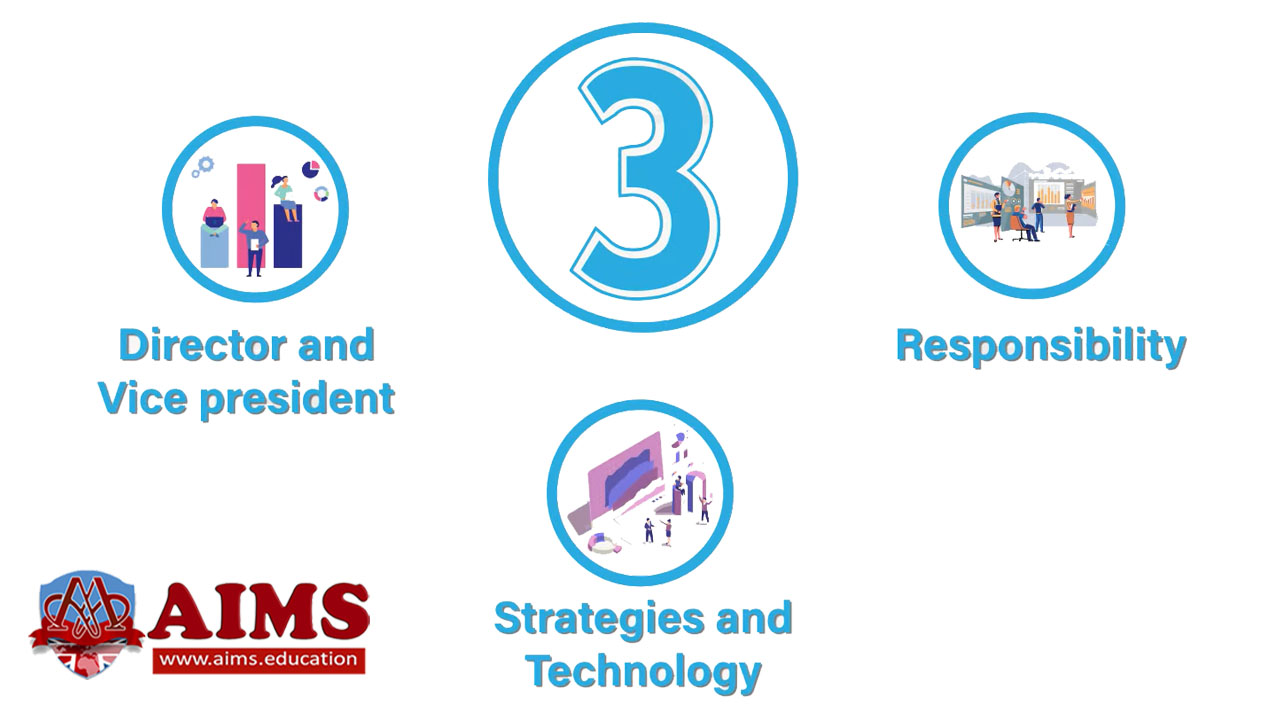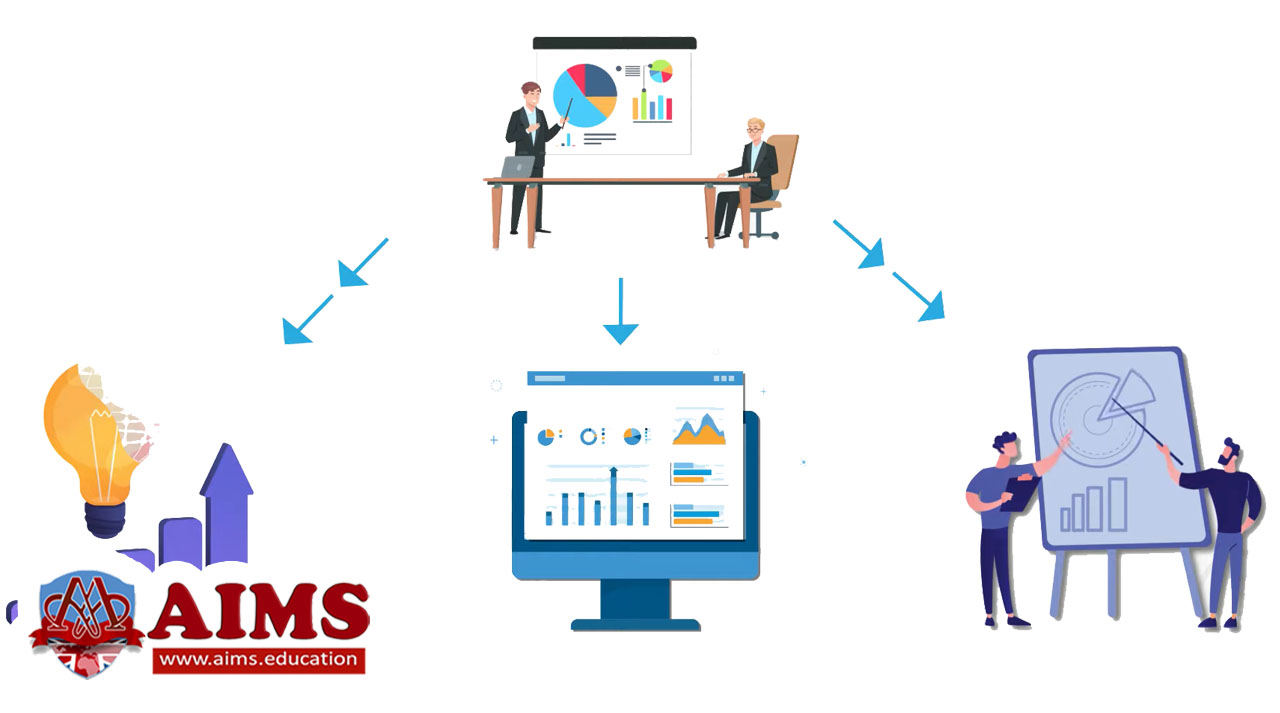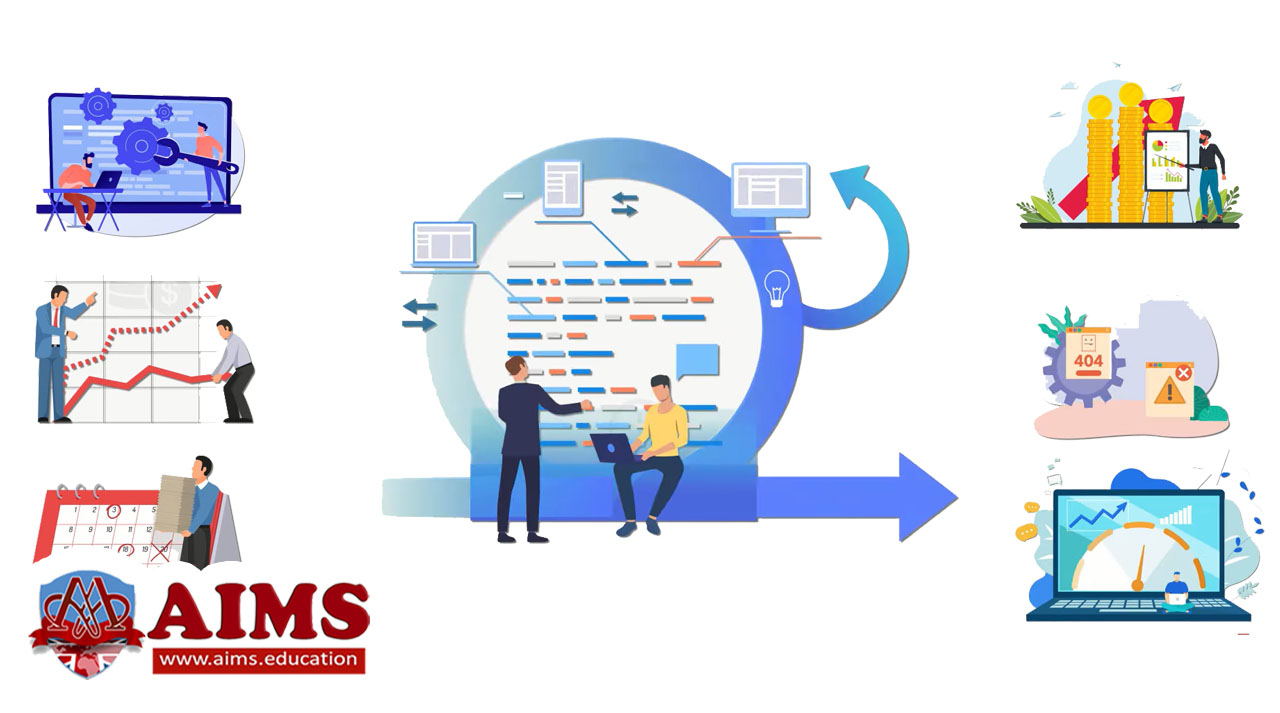Managing Project Finances:
Managing project finances involves all the activities involved in budgeting and forecasting financial resources, not just in the initial stages of a project, but throughout its lifecycle. Project financial management includes defining and setting priorities, managing project costs, monitoring spending, and performing regular financial checks to ensure that the project is staying within its budget. In addition to managing finances, a project finance manager must also have strong project management skills. This includes knowing how to plan and execute projects, as well as being able to quickly assess a situation, take action, and communicate those results to stakeholders. Project management in finance requires a lot of skills and knowledge that can be gained from experience or through training.

What is Project Management in Finance?
Financial Project Management is all about keeping track of a project’s financial status so that you can make informed decisions about your budget, cost overruns, and delays, etc. One of the most important things to keep in mind when managing project finances is that there are two distinct types of expenses: fixed and variable costs.
FIXED COSTS:
These are the expenses that you have predetermined when setting up a project — for example, the cost of materials and labor.
VARIABLE COSTS:
These expenses vary with each passing month. For example, if you need to hire more workers to meet increased demand, your variable costs will increase while your fixed costs will stay the same (assuming you don’t also reduce travel and other fixed costs).
To keep track of these different types of expenses, you should use a spreadsheet or some other kind of tracking tool to keep track of both fixed and variable costs as they accrue over time. You may master the management of project finances if you earn a diploma of project management online or you can boost your career as a project manager with an online Masters’s degree.

Mechanism of Financial Project Management:
A speculation choice can be introductory, development or of disinvestment. The monetary arranging of ventures thinks about the utilization of one’s own capital, the capital of outsiders furthermore financing. This is an examination of the use of assets in ventures in that they ought to talk about the situations and furthermore play out the recreations.
- Income, the monetary record of the association, and bookkeeping proclamations give critical endowments to the choice of the undertaking and the way toward arranging, a plausibility study, and the meaning of the points of confinement for the venture.
- The capital planning process begins with the era of task recommendations. After the investigation of the monetary budgetary possibility of choices, the choice is taken to ventures identified with the task.
- The financial plan of the funding to be contributed characterizes the allotment of assets to the venture, specifying the inputs and yields accommodated in a given future period. Organizations must scale their working capital and talk about requiring fleeting financing.

How to Improve Financial Management in Project Management?
Good project finance management is the key to successful project execution. It means keeping track of all your finances and costs, working with your team to estimate costs and resources needed, and taking steps to ensure that the project budget is realistic and achievable.
- One of the biggest challenges for project finance managers is keeping track of all their finances — not just the ones that directly relate to the project itself, but also all the other expenses that are associated with managing a large group of people and resources.
- To make matters even more complicated, there are many different types of project finance: short-term loans; long-term loans; debt financing; bridge financing; venture capital; mezzanine financing; convertible debt; convertible preferred stock (also known as “convertible debt”); private equity financings; and accredited investor financings.
- The good news is that there are tools available to help you better manage these financial aspects of your projects. Some of these include spreadsheets, accounting software, invoicing software, bank reconciliation software, expense tracking software, and financial forecasting software.

What is a Project Finance Manager?
The project finance manager is becoming a new role within the finance division of organizations. They are responsible for making plans, leading, and taking control of activities of the finance-focused tasks, systems changes, and technology improvements within the department of finance. People responsible for project management in finance and banking oversee the planning, implementation, and monitoring of short, mid, and long-term initiatives from idea to implementation; develops project plans, and guarantee task completion on time, within assigned budgets, and satisfactory. It is important for managers to be aware of their personal financial situation before starting a new job or taking on additional responsibilities on a current one. It is also important to understand the different types of expenses associated with running a business so that they can plan for them.
Main Skills that Project Finance Manager Must Hold:
- Plan, and effectively & efficiently implement a project in any organization.
- Assign roles and responsibilities to the team, to optimize the use of resources available.
- Assess project implementation.
- Clearly define the objectives and associated risks.
- Thoroughly review several case studies.
- Plan and control project budget.
- Manage changes and troubleshooting.
- Set up implementation phases.
- Monitor and manage the quality of work.

Duties of Project Finance Manager:
The project finance manager will take instructions from the director and vice president of finance to create and hold control and analytical financial systems and reviews assuring that tasks and reporting are done accurately, and maintained and that reviews are generated timely. Here are the key responsibilities of a project finance manager:
- They are responsible for finding and implementing new strategies and technology to create efficient and powerful techniques.
- They are also responsible to update Finance related sites and content material within their organizations.
- The project finance manager also layout and enforce software for economic guidelines and tactics, and will coordinate the features all through the enterprise.
- The project management technique could be a waterfall or you may learn to implement agile project management. If feasible, you may implement the Agile-Waterfall Hybrid model, which is a combination of both agile and waterfall methodologies.
- For effective project management in finance, managers are also responsible for taking part with finance management in keeping cutting-edge Accounting systems & method guides and a monetary policies manual.
Other special initiatives and duties are assigned as the need arises.
